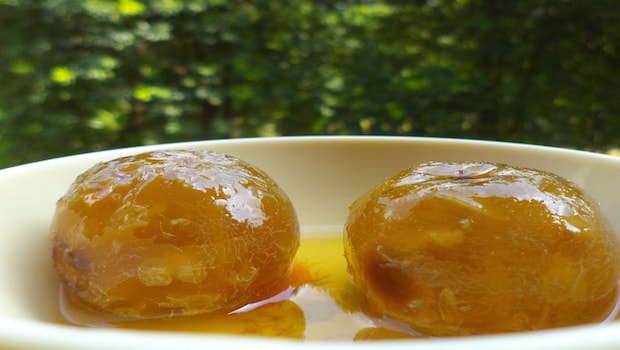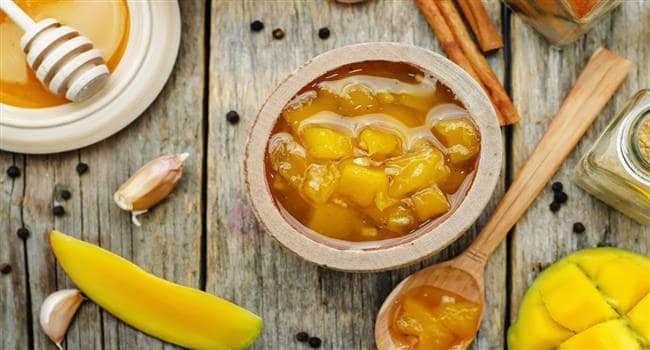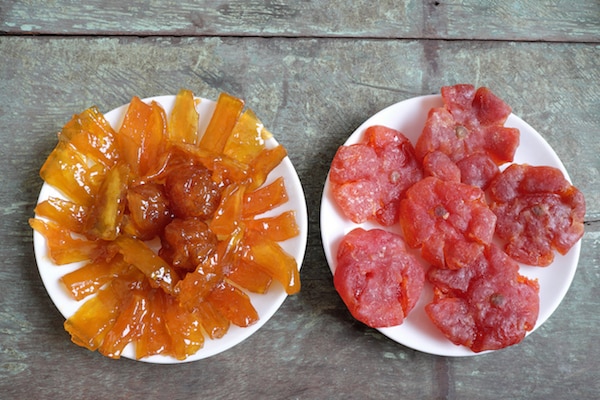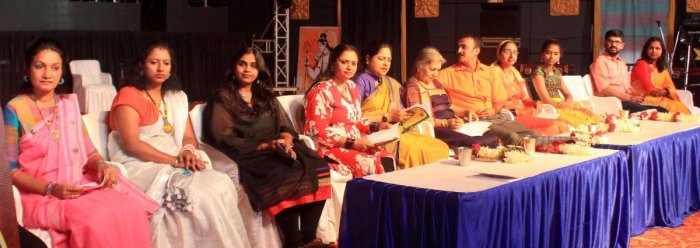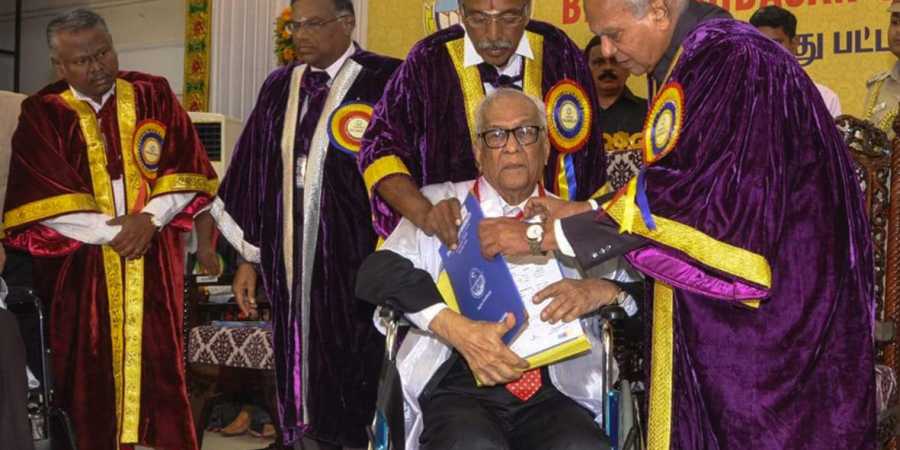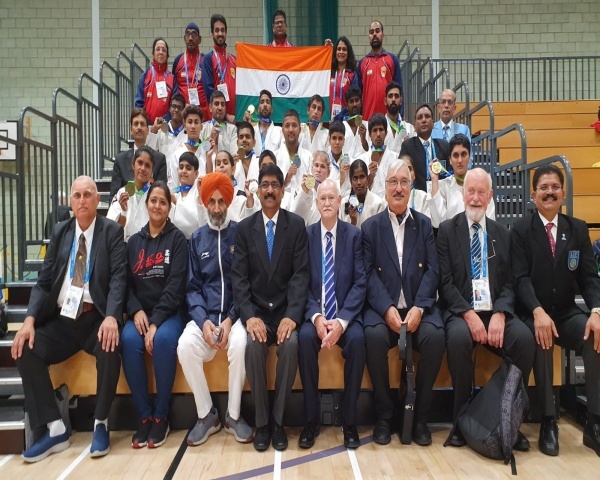Hyderabad, TELANGANA :
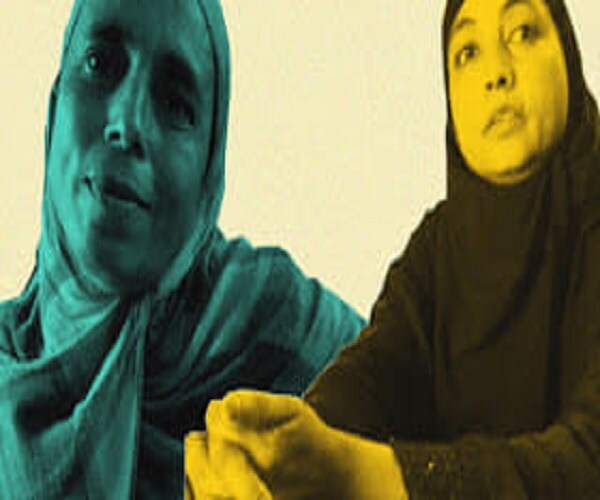
Newly trained women Islamic clerics, or Qazis, have started work in towns across India, offering an invaluable support system to Muslim women, and inviting opposition from orthodox circles.
Iqra’s world fell apart in six months. In her telling, it began, as it often does, with marriage. The 23-year-old’s marriage to Ali was an exchange programme of sorts. Ali was her cousin, son of her khaala, her mother’s sister. In turn, Iqra’s brother married the same khaala’s daughter. Her khaala also became her mother-in-law. Such marriage between first cousins is commonplace among Muslims in South Asia.
Two months later, Iqra’s sister-in-law ran away from home. Her parents had apparently forced her into the marriage against her wishes.
The sister-in-law’s flight to freedom imprisoned Iqra. Her mother-in-law, upset with her own daughter’s running away, took out the anger on Iqra. “Khaala would abuse me at every chance she would get. She would give me gaalis till I would break down. She was angry with her daughter, and she would direct it at me,” she said.
One day, her husband asked her to go back to her parental home. “He told me he would come to take me back when his mother calmed down a little,” Iqra said.
Soon thereafter, Iqra found out she was pregnant. She called her husband to give him the ‘good news’. He sounded happy too. Her husband and her mother-in-law soon took her to a doctor who gave her a medicine. The doctor told her that since she needs to avoid sex, she should continue staying with her parents.
A few weeks later, Iqra had a miscarriage. “I don’t know if they had a hand in this, but my husband never came back to take me home. He stopped taking my calls and responding to my messages,” she said.
As she dealt with the trauma of the miscarriage and the betrayal, two burqa-clad women emerged as her support system. It is in their office, in Jaipur’s busy Johri Bazaar, that Iqra related her harrowing story to #KhabarLive.
The women, who are present this day, are 45-year-old Jahan Ara and 43-year-old Afroz Begum. They are Rajasthan’s first women qazis, or clerics, social and religious adjudicators in Islam, mediating in family disputes.
“She had already filed a case with the police before she came to us,” said Ara, “So we couldn’t interfere in the matter between the families. Otherwise, we could have called her husband and her in-laws and told them it wasn’t the right way to treat their bride.”
Muslim, Woman, Qazi
The job of a qazi has been an exclusive male preserve till recently in India, as it is in most parts of the world. In recent years, activists and organisations within the Muslim world have pushed for the inclusion of women as qazis, and pushing against patriarchy and orthodoxy, more women have taken to the vocation in recent years.
It was only in April this year that Jahan Ara and Afroz Begum received their Qaziyat certificates, after completing their two-year training from Darul Uloom-i-Niswan in Mumbai, an institute established by the social organization Bharatiya Muslim Mahila Andolan. They graduated along with thirteen other women, who went on to become qazis in Maharashtra, Gujarat, Rajasthan, Madhya Pradesh, Tamil Nadu, Karnataka, Bihar, West Bengal and Odisha.
Every day, they see people like Iqra, who seek advice and adjudication, at the office of the BMMA in Johri Bazar. Nishat Hussain, the BMMA’s Rajasthan convener, set this office up ten years ago.
“We have ourselves seen women being subjected to violence since childhood. My father used to beat my mother,” says Jahan Ara. “There would be no one to help her. The male qazis, whose role as an Islamic judge is to counsel and help, always support the men. They will just say it’s ‘Allah’s choice’. No, it’s not. And we need to tell women in our community that the Holy Quran does not differentiate between a man and a woman.”
Jahan Ara, who grew up in Jaipur, went through an abusive marriage for years before she finally decided to leave her husband about 10 years ago. After the divorce, she says, her husband didn’t let her meet their children, paid her no alimony, and refused to give her the customary 15 grams of gold Muslim men must pay their wives if the marriage ends. “The local qazi refused to help me get my rights,” she says.
She knew she had to change her situation. She started working with a women’s rights organization and went on to start a Madrassa for the children in her locality. “I started thinking what is the right kind of Islam, the one that’s taught in the Quran or the one we were practicing?” she says. That led her to enroll for the course to become a woman qazi.
Jahan Ara and Begum have faced a lot of opposition from male qazis and other members of the Muslim community. Lately, things have begun to change. “The other day a qazi came and congratulated Jahan Ara for the work she’s doing. This is progress. Gradually, society will start accepting that women can be empowered,” said Nishat Hussain.
When Men Fear Women
“The role of a qazi is marriage, divorce and intervention against injustice. Male qazis have a certain world view–they want us to believe the husband has more rights. But the Quran doesn’t say so. Women becoming qazis will change that patriarchal mindset,” says Zakia Soman, one of the BMMA’s founding members.
According to her, triple talaq (the controversial Islamic practice of instant divorce) has ruined a lot of women’s lives. It is unconstitutional, she says, and not valid as per the Quran. “We no longer need to accept the treatment that’s been meted out to us for decades,” she said.
Qazi Afroz Begum echoes her words. The 43-year-old says that though there’s support from her family, her husband and her five sons, it’s still a long way before Rajasthan starts accepting women as qazis. She says unlike the male qazis, who simply indulge in “dukandaari” (business), they will follow the requirements of Muslim personal law that are often overlooked.
The women qazis need to be given a month’s notice for a nikah. They will then check all the documents–the bride and the groom’s qualifications, proof of income, medical reports and divorce certificates, if any, before they approve of the marriage. “Until women know what their rights are, how will they demand them?” asks Qazi Afroz.
As Afroz explains how they are going to bring about change, Jahan Ara receives a call. “Aap kal tashrif layenge? (Will you come tomorrow?)” she asks in a curt manner.
It was a man they have just sent a notice to. His wife came complaining to the women qazis one day of his alcoholism. Most nights, she said, he doesn’t return home. She suspected multiple affairs. “We sent him a notice, and now he’s scared,” says Jahan Ara.
Durdana Khan, 29, a local reporter in Jaipur, says it’s due to the constant support from these two women over the last year that she’s no longer scared of anyone. Durdana was married to a well-to-do family in Jodhpur in 2008. Six months into her marriage, her father-in-law started making sexual advances towards her. “He would keep touching me and would ask me to visit his room,” she said. When she complained to her husband, his response was, “Deal with it. This happens in our family.” Durdana was shell-shocked, and tried to run away several times. But each time, her husband and his family members would find her and beat her up. In 2012, her husband finally agreed to give her talaq (divorce).
“Allah has never wanted us, women, to live in deprivation. Men and women are same in the eyes of Allah. So why should we have to tolerate the subjugation of men?” Durdana asks. The 29-year old’s plight did not end with the divorce. After she returned to Jaipur to stay with her parents, her brothers started harassing her and their father, scared that they will lose their share of the property. Ara and Begum helped her resolve the property dispute, negotiating with her family members.
“A male qazi, more often than not, grants property rights to the sons alone. We are trying to change that,” she says.
The women qazis have also set up a team of about 15-20 women who work in different parts of Jaipur and its outskirts. “Every leader is responsible for their area. When they find a case of violence, they report it to us. We then approach the victim and help her,” she said.
Waiting For The First Nikah
Arbitrating disputes of property and marriage is the easy part. The difficult part is conducting marriages. Since they received their certificates only in April, they are yet to be approached by anyone to perform a nikah.
Safia Akhtar, 61, the only woman qazi from Bhopal who graduated with Jahan Ara and Afroz Begum, says that none of them have performed a nikah yet because men feel women should be under ‘purdah’ and cannot go to a mosque where the ceremony usually takes place for the groom. “Muslim marriages are male-dominated events. Now that we have our qazi certificates, they are asking us how will we conduct it in a room full of men.”
Safia says she constantly receives death threats from men. “Someone just informed me I’ll be removed from Islam for being a qazi,” she says. But the 61-year-old isn’t scared. “They want me to shut up, but I won’t. If they can prove I am wrong, I’ll leave Islam myself,” she says.
32-year-old Nasreen, who has recently become the first woman qazi in Karnataka, says it’s mostly the women who come to her with cases. “A lot of people don’t want to accept that I am a qazi. They constantly ask me how a woman could be a qazi. And my response to them is, ‘Have you read the Quran?” Nasreen says only women qazis can understand the discrimination a woman faces in the community. “Men usually don’t come to us, and that says a lot about their mentality,” said 35-year-old Aslam Banu, the woman qazi from Odisha.
About a year ago, when news of the country’s first 15 female qazis was announced, the All India Muslim Personal Law Board did not approve of the idea, declaring that female qazis were not permitted in Islam and could not be appointed. Tahir Mahmood, a former member of the Law Commission of India, which oversees adjudication over Muslim personal law, disagreed with the AIMPLB, as did the Darul Uloom Deoband, the influential Islamic school in Deoband, UP.
UnIslamic?
Khalid Usmani, Rajasthan’s chief qazi, also thinks women qazis are un-Islamic. “If I tell you I am Lord Raam, will you believe it?” he asks. Usmani says women qazis don’t know anything about Quran or Islamic laws. “How can women be qazis? They are not meant to do all this. They have a role in society, and they should let men perform their roles,” he said. The chief qazi says that people have ‘rejected’ these women as qazis. “They can’t go to a mosque. It’s not allowed in Islam. They are just fooling people. And that is why people don’t go to them either,” he said.
Whatever you might think of Usmani’s views, he’s definitely wrong about the last part. People certainly go to them. The Jaipur office of Ara and Begum is never empty. There are women who come to them to register cases against their husband for domestic violence, some come with property disputes, and others to save their marriages when the husbands have uttered triple talaq. Some women come just to sit and listen, to learn how they could stand on their own two feet after their husbands have left them.
People used to go to Aisha, Prophet Muhammad’s wife, for advice and guidance.
The chief qazi’s views on the subject don’t find universal acceptance. Akhtarul Wasey, who has taught Islamic studies at Jamia Millia Islamia, and is now the President of Maulana Azad University in Jodhpur, says the Quran doesn’t say anything to prevent women from becoming qazis. “Our holy book doesn’t differentiate between men and women. Whoever’s calling the appointment of female qazis un-Islamic, is wrong,” he says.
Wasey says people used to go to Aisha, Prophet Muhammad’s wife, for advice and guidance. “In fact, we attribute one-third of the Sharia law to Aisha. If Aisha could do it, then why can’t women be qazis? This is what I would like to ask Usmani saab.”
According to him, if women are educated and know Islamic laws and the Constitution, nothing can stop them from becoming Islamic judges. “Forget nikah, there are so many other things that a qazi does, and a woman can do all of those,” he says.
“One day women will even become Muftis and teach the Quran,” says Qazi Afroz, “We know it’s a long journey.” #KhabarLive
source: http://www.hydnews.net / Khabar Live Hyd / Home / by Dr. Fazalullah Shaikh / October 04th, 2019
